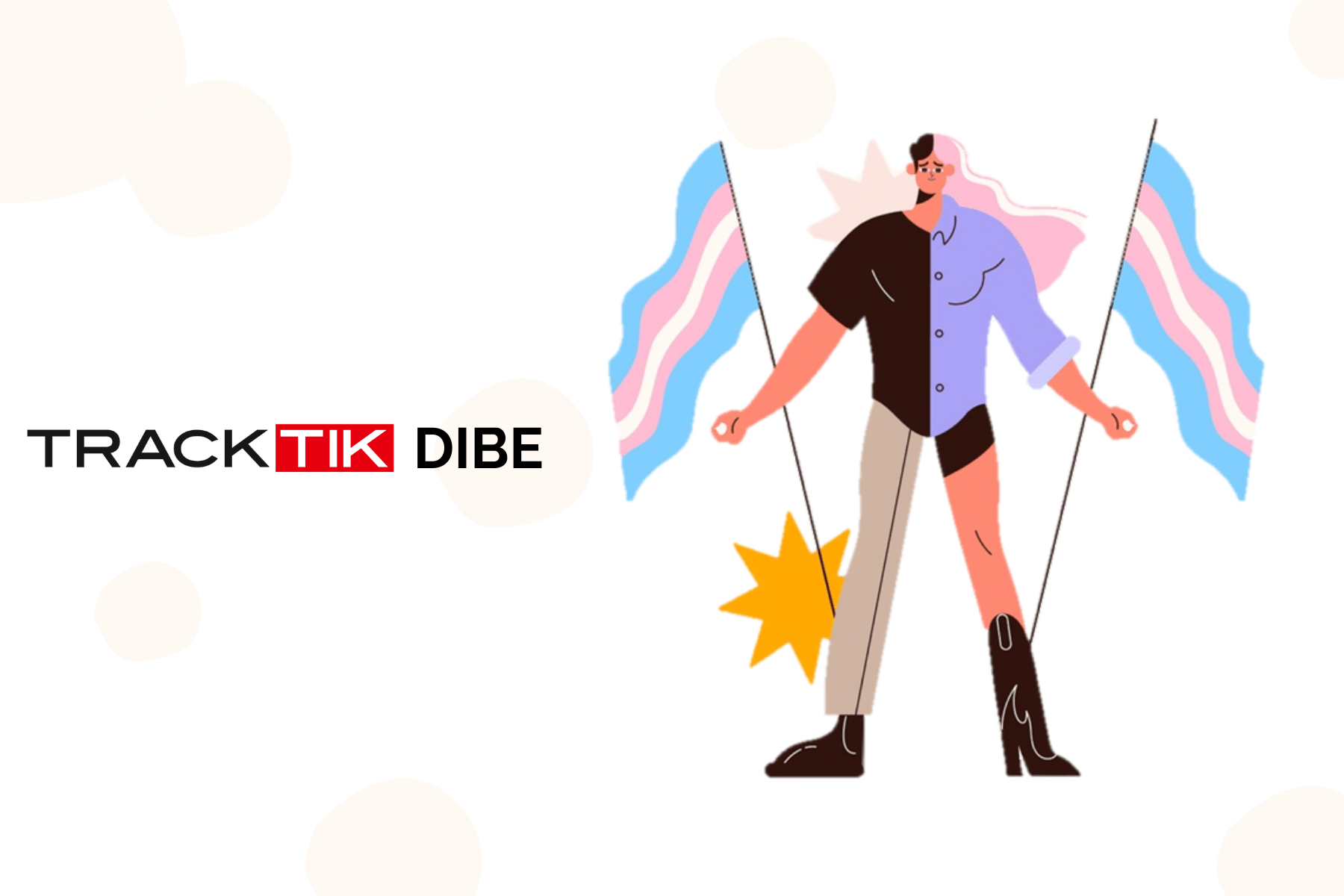As a trans-non-binary femme, navigating corporate life can be a challenge and being able to rely on allies within your work environment becomes invaluable.
At this point in my career, I feel equipped to be both visible and vocal about who I am. That means that I get asked numerous questions and often have to face difficult discussions but I am convinced visibility is the best way to create an open and respectful dialogue.
From navigating new social relationships to familiarizing yourself with new structures and systems, starting a new job is both exciting and terrifying. When trans, there is also the added stress of the use of chosen names, pronouns, acceptance/ tolerance, which can distract and impede the introduction to a new career opportunity. Since starting at TrackTik, I have been pleasantly surprised by the support.
A lot of these fears were addressed as early as during the interview process or through the onboarding. Using my chosen name, encouraging employees to mention their pronouns in Slack, hosting a workshop with GRIS Montréal with two trans individuals who shared guidance on how to be more supportive are some of the initiatives that demonstrate TrackTik’s commitment to creating a safe and inclusive environment.
Days like International Trans Day of Visibility or like today, International Day Against Homophobia, Biphobia and Transphobia, are great opportunities to reflect on what you or your company can do as an ally. Here are some ideas about where to start:
- Hold yourself accountable
Take responsibility for your actions, privileges and experiences that contribute to bias, hate, and fear. Truly listen to those who share their experiences with you. Don’t dismiss, justify your behaviour, or defend your intentions. Take ownership of your learning and commit to what it really means to be an ally.
- Do your own work to educate yourself
With so many resources out there, it’s your responsibility to put in the work. Trans and non-binary individuals are not obligated to educate you on what it means to be trans. Some transgender people are happy to discuss their experience, but as an ally don’t always assume that’s the case.
- Don’t disclose someone else’s story
Disclosure: If someone shares their gender identity with you, they are doing so in confidence. Informing colleagues in order to correct pronouns seems like a helpful strategy, however, this is not your story to tell and can cause distress or discomfort for the individual you are trying to support. You may be unintentionally outing someone who is not ready to openly discuss their transition.
- Don’t generalize and don’t intrude
Transitioning: This looks different for every individual and there are no prerequisites to expressing gender. Do not ask trans and non-binary individuals questions about their body, medical history, procedures or past names.
- Show your respect
Misgendering: Misgendering an individual is using the wrong name or pronouns when speaking of or to trans and non-binary persons. In the case of names, this can also be called deadnaming. Regardless of the reasoning, misgendering invalidates an individual and can be extremely hurtful. If a genuine mistake happens, apologize, don’t make it about you. When you take ownership for the mistake you’re generally met with understanding and committing to improve helps make this feel more genuine.
As an ally, your job doesn’t stop when trans folk leave the room: the true test is what you do when you think no one is watching. Through compassion, education and practice we can all show support for the trans and non-binary communities.
Interested in learning more? Access some of my favourite resources to help you get started:
Read:
- Supporting the Transgender People in Your Life: A Guide to Being a Good Ally
- Trans Reads
- The Trevor Project
- Tips for Allies of Transgender People
Watch
- Transhood (HBO)
- Disclosure (Netflix)
- The Death and Like of Marsha P.Johnson (Netflix)
